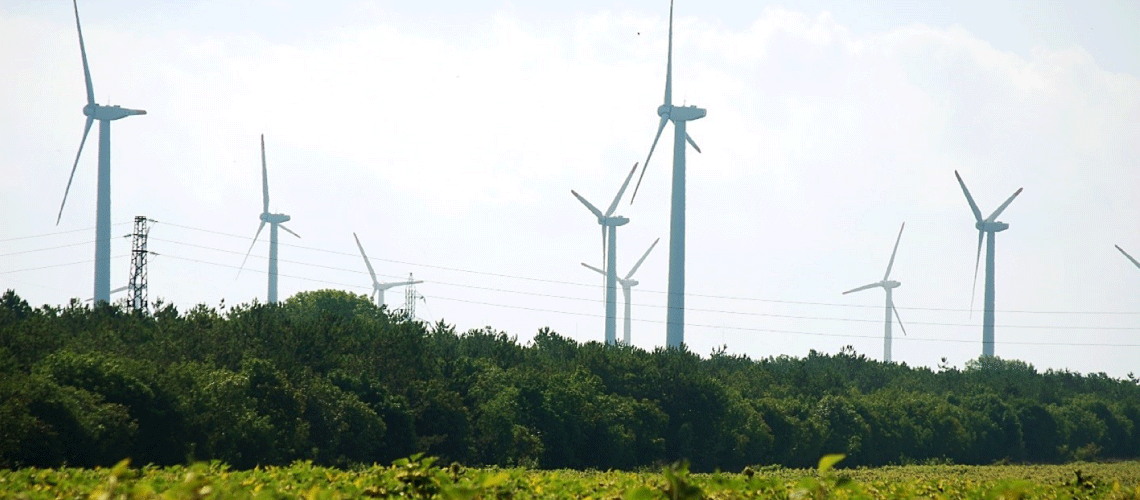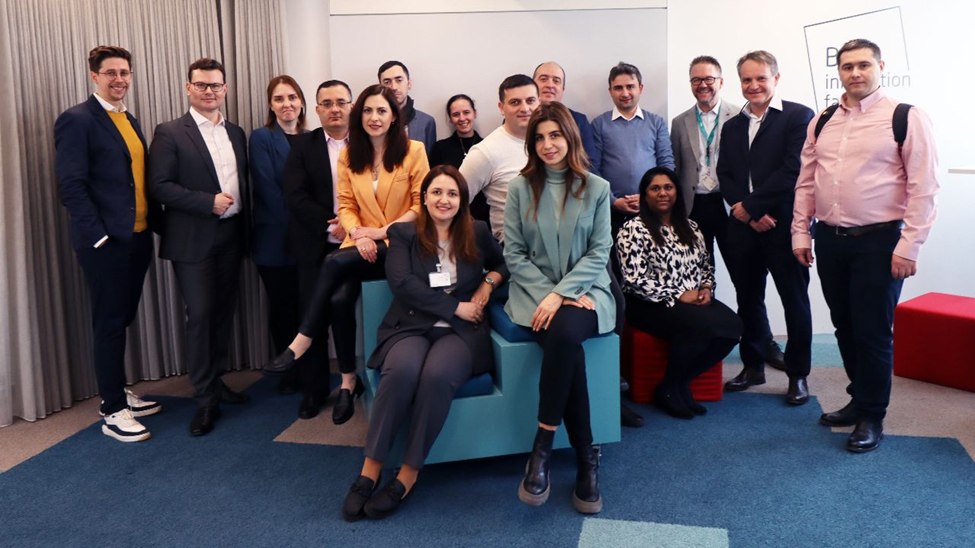 World Bank / Flickr
World Bank / Flickr
Countries in Europe and Central Asia need to urgently accelerate public investments in low-carbon and climate-resilient projects to tackle climate change and achieve goals set by the Paris agreement. However, to do so, these countries will need to strengthen their climate-informed public investment management (PIM) to effectively lead and support green, resilient, and digital transitions.
PIM involves the management of public funds—and the design and implementation of the right projects, at a right time and cost—to promote economic growth and development (figure 1). Climate-informed PIM further takes into account climate-change considerations and policies, which are integrated to align with national and sectoral plans to climate objectives. PIM is essential to equip policymakers and planners with knowledge and tools to make better informed investment decisions while using limited resources and providing more efficient public services.
Figure 1. PIM Improves the Quality of Infrastructure Investment Flows
Importance of Peer Learning
Peer learning can play a key role in strengthening governments’ climate-informed PIM capacity, especially with the large knowledge-transfer potential from European Union (EU) countries, which are at the global forefront of this agenda.
The successful implementation of a new generation of public investment projects will require aligning the people, processes, and technology aspects of PIM to deliver results. Apart from learning from countries that are more advanced in PIM policies and practices, it will require instilling greater awareness and a momentum for action in more nascent and emerging reform settings (figure 2).
Figure 2. Peer-Assisted Learning Promotes Greater Regional Maturity and Innovation
A recent example of peer learning was the study tour organized for Georgia’s Ministry of Finance to Gdansk and Vienna, as part of the World Bank’s Strengthening Government Capacity to Lead the Green Transition project. Like many countries, Georgia is highly vulnerable to climate change, which is expected to cause more frequent heatwaves, droughts, floods and landslides, and has recently updated its PIM policy framework. The study tour was meant for participants to better understand the inner workings of an already developed PIM system and see first-hand how PIM policies and procedures are applied in practice.
During their visit to Gdansk, participants learned of the key operational aspects of an effective cost-benefit analysis with inclusion of climate-risk mitigation measures, including building resilience against natural hazards and achieving zero waste economy. In Austria, delegates were introduced to the benefits of digital technologies, including artificial intelligence, in climate-action initiatives. Vienna’s Climate Lab, established with a support of the Austrian government, showed the visitors the benefits of a structured partnership between private sector and civil society to find viable solutions to mitigate climate-change impacts.

Georgia MoF Delegation at Austrian Federal Computing Center Innovation Hub Vienna
What’s next?
Even though the degree and essence of climate-related public investments varies across countries, the need to ensure efficient use of resources is a priority for all.
In addition, the World Bank continues to actively work across EU countries to encourage knowledge spillovers. Such cross-border learning is already informing World Bank operations in multiple countries, including in Georgia, Armenia, and Serbia, together with a complementary Green public financial management program for results operation. As climate change increasingly impacts economies across the globe, tackling green, resilient, and digital transition through effective public investment management is essential to preserve and further build on achieved developmental gains for an inclusive and sustainable future for all.
The climate-informed PIM effort is supported by the World Bank's Strengthening Government Capacity to Lead the Green Transition under the Europe and Central Asia region-wide Whole-Of-Economy Approach to Climate-Change






Join the Conversation